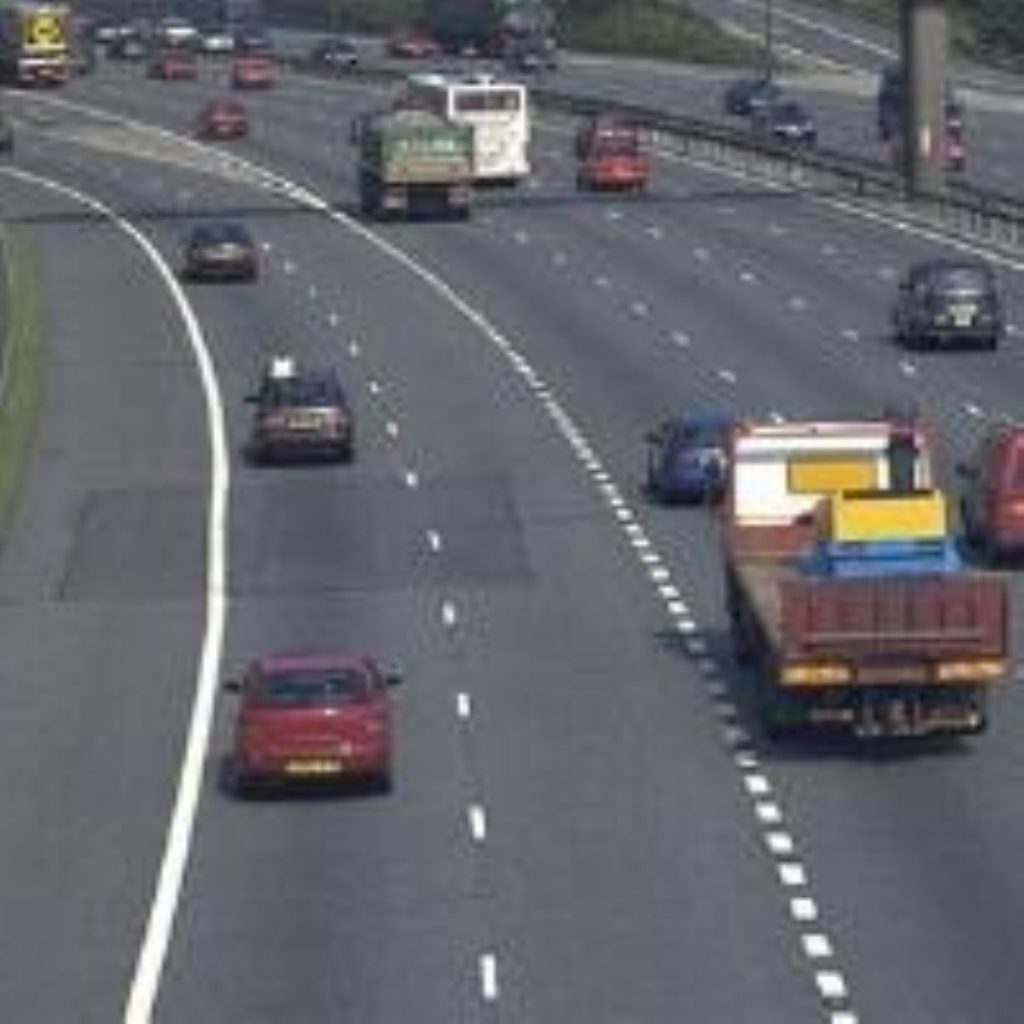No quick fixes warns Darling
The Transport Secretary has warned that there is “no quick fix for Britain’s transport challenges”.
In a statement to MPs on the publication of the Government’s Transport White Paper Alistair Darling said that “the long-term solution requires investment and a willingness to face up to difficult decisions.”
“To duck this challenge now – to refuse to engage in the debate or to look at what new technology may make possible – would be irresponsible and would condemn future generations to endless delays and increasing environmental damage.”
The White Paper outlines Mr Darling’s vision for shaping transport strategy over the next 30 years to “enable people and goods to move around in ways that are consistent with our environmental objectives.”


One of the most eye catching suggestions in his statement is the possibility of changes in the way motorists are charged for using roads.
Mr Darling told the Commons, “car use has increased and is likely to increase more. That has huge environmental and social consequences.
“As a country we have to face up to some stark choices. Looking ahead over 20-30 years we can’t try to build our way out of the problem – the cost environmentally and financially is unacceptable.
“Nor can we accept eventual gridlock – the inevitable consequence of doing nothing.”
He therefore pledged to “examine whether we can make use of new technology as it becomes available to make more efficient use of roads.”
The Transport Secretary said that a survey he is publishing today shows that road pricing, whereby cars are charged varying charges to use roads dependent on how congested they are, rather than the current car tax system, has the potential to cut congestion by a half.
“It says that road pricing is becoming technically feasible in the next 10 -15 years. But for a scheme to work it would need general public acceptance and a great deal of preparation work over a number of years.”
Mr Darling welcomed the report, saying now is the time to start to build a public consensus on road pricing, its objectives and how revenues would be used.
On current investment and plans, Mr Darling said that on the back of last week’s Comprehensive Spending Review investment would be rising to a level 60 per cent higher in real terms than in 1997.
He promised to ensure stringent cost controls on both road, rail and light rail. Mr Darling announced that he would be rejecting plans for tram extensions in Manchester, Leeds and South Hampshire after the contributions requested from central government continued to rise dramatically.
The Transport Secretary pledged though to “look urgently at how light rail could be made affordable, including the best approach for procurement. We will work with local authorities on the development of schemes, building on the recent National Audit Office recommendations.”
As expected he granted approval to the London Crossrail project and said a hybrid bill allowing Crossrail to be built would be introduced as soon as possible.
Exact figures for the Government’s contribution to the project were not revealed, with Mr Darling simply saying: “Government will need to work with the Mayor and the London business community to find a funding solution where everyone pays their fair share. This will include consulting on appropriate alternative funding mechanisms.”
Local and regional authorities are to be given a greater role in deciding on transport priorities, and guideline allocations to councils will be set out in the autumn.
Because of the timing of the London Olympic Bid, Mr Darling said he would announce now that London will get an additional £340 million and Transport for London will gain greater borrowing powers.












